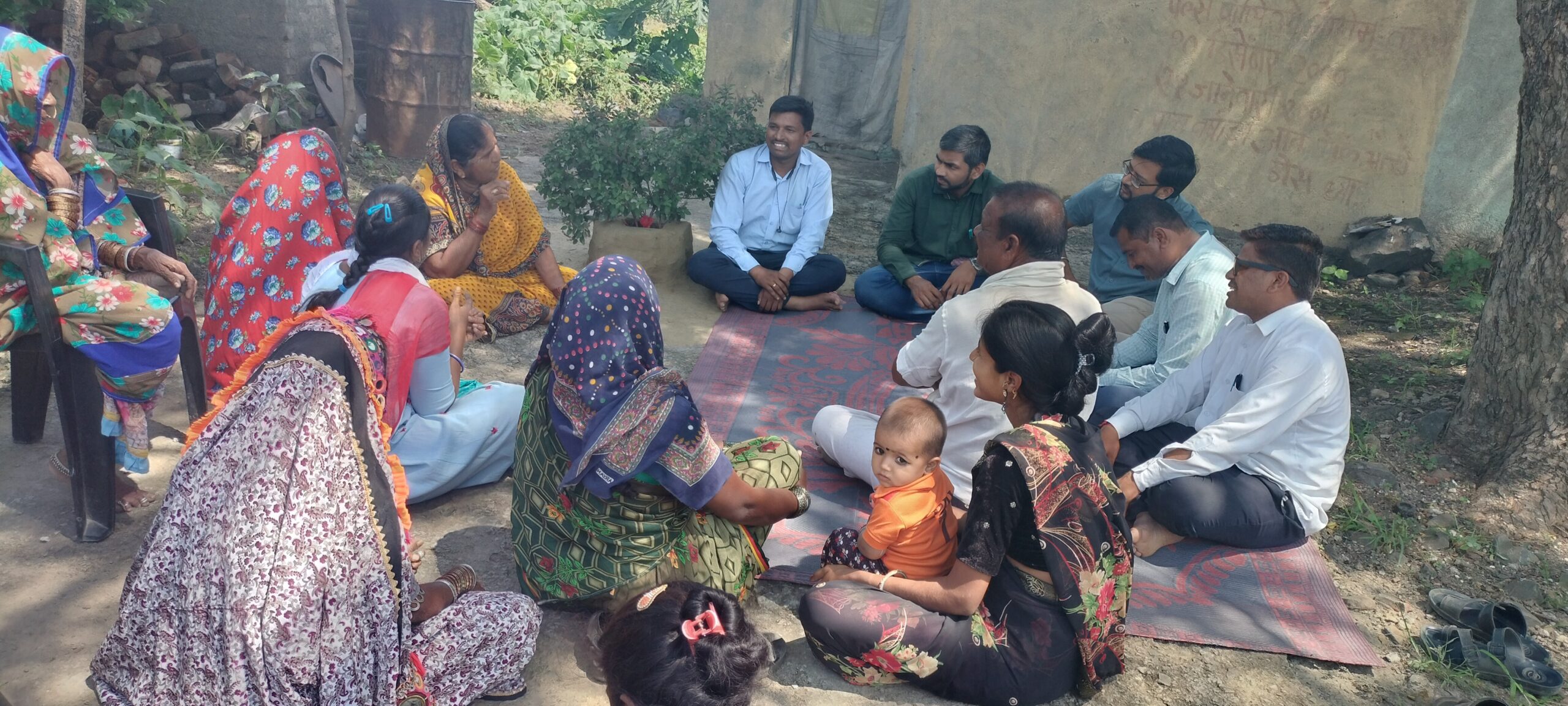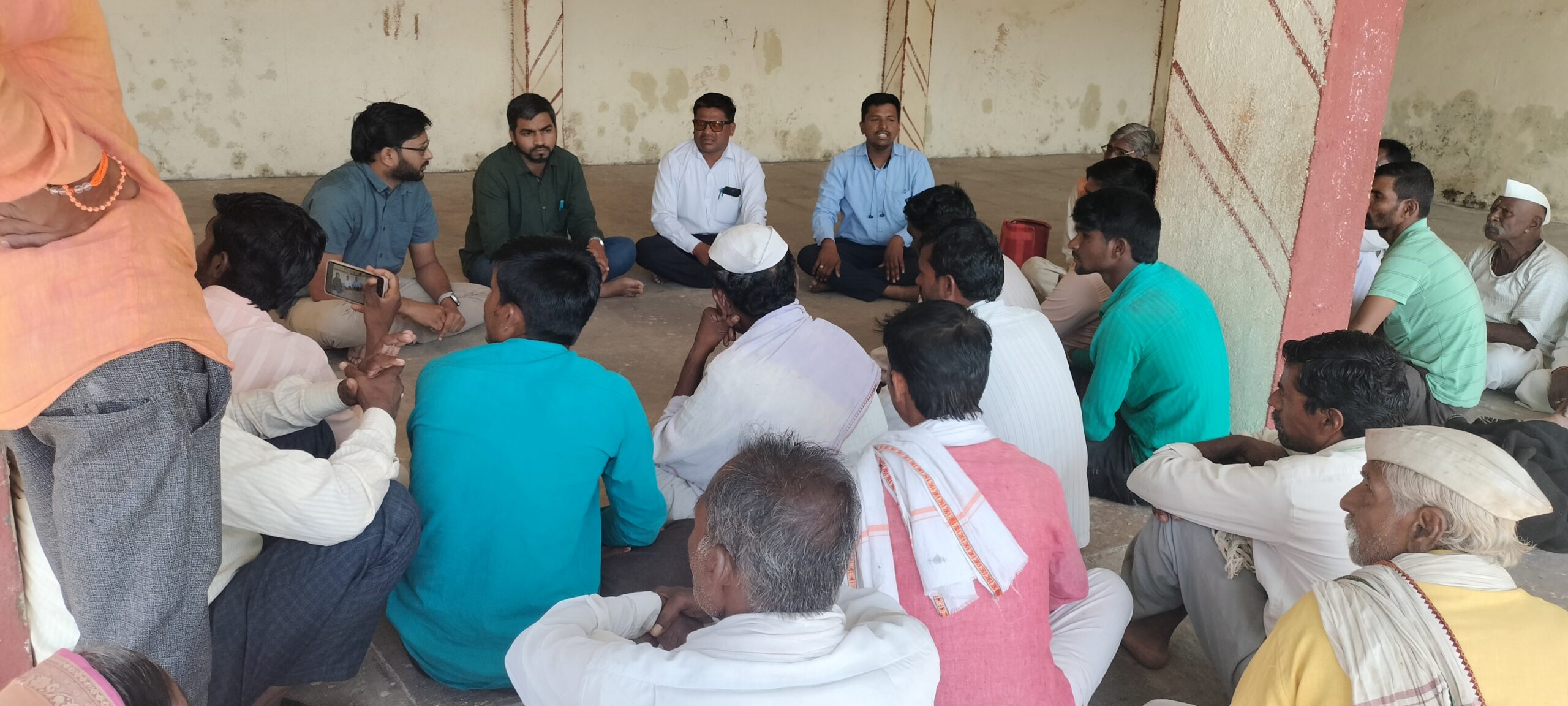
Protecting rights of migrant Children and women.
Project Overview: The Yuva Gram Vikas Mandal has initiated a project for the protection of the rights of women and children, which has been ongoing for the past year in 20 villages in the Beed district of Maharashtra. The project aims to organize laborers in the sugarcane industry, address their main issues, and ensure the protection of the basic rights of women and children. This project has been extended to cover 20 villages in the district, including Dharur and Kej talukas.
Introduction: The project identifies Beed district as the center for sugarcane laborers in Maharashtra, with 90% of talukas out of 11 falling under this category. Both Dharur and Kej talukas are part of this district. Through this initiative, the protection of women and children’s rights is emphasized by establishing committees in 10 villages in each taluka over the course of a year.
Through this project, issues such as the rights, education, health, nutrition, empowerment, and access to government schemes of sugarcane laborers are addressed, and efforts are made to integrate them into the mainstream of society. Women’s health, children’s education, and the overall welfare of their families are promoted by establishing sugarcane laborer committees in villages, ensuring access to basic facilities, providing insurance coverage, and facilitating their registration with governmental authorities. The project also focuses on empowering sugarcane laborers by providing them with legal assistance and facilitating their access to benefits.
The Yuva Gram Vikas Mandal establishes sugarcane laborer committees in each village to empower them and provide training based on skill development for the youth, focusing on various skills. Additionally, efforts are made to integrate children into the mainstream education system through this organization. Over the past year, 13 children have been provided skill development training through this initiative, including 11 boys and 2 girls.

Project Activities:
- Regular communication with sugarcane laborers after their relocation, addressing their issues through continuous phone contact, and planning solutions accordingly.
- Coordinating with factory officials and other authorities to ensure facilities such as vaccination, nutrition, ANC, PNC, etc., for sugarcane laborers and their families.
- Conducting regular meetings with elderly people, committee members, schools, local government bodies, and other stakeholders to address their concerns and provide necessary assistance.
- Establishing sugarcane laborer committees in villages to facilitate community engagement and provide necessary support.
- Organizing insurance camps for sugarcane laborers, providing insurance coverage to approximately 830 men and 620 women, with life insurance of Rs. 20 each.
- Holding regular meetings in villages to discuss various government schemes and provide guidance and assistance in applying for them.
- Conducting awareness campaigns on child marriage, children’s rights, and other relevant issues in villages.
Outcome of Village Meetings:
- Increased attendance and participation of villagers in meetings, leading to increased awareness and community engagement.
- Heightened awareness and attention to the education and health of children in the villages.
- Mitigation of fear caused by COVID-19 through awareness campaigns.
- Provision of guidance to women for household budgeting and financial planning, leading to increased participation in meetings.
Conclusion:
Through continuous efforts and community engagement, the project has made significant progress in addressing the issues faced by sugarcane laborers and their families in rural areas. By establishing committees, conducting awareness campaigns, and facilitating access to government schemes, the project aims to empower these communities and improve their overall well-being.
